When you’ve tried everything—different antidepressants, higher doses, maybe even combinations of medications—and you’re still not feeling better, it’s easy to lose hope. This experience is often labeled treatment-resistant depression (TRD), and it can feel like a heavy diagnosis.
But here’s the truth: treatment-resistant doesn’t mean hope-resistant. And it certainly doesn’t mean therapy-resistant.
In fact, therapy can be one of the most effective and empowering tools for people navigating the fog of TRD—especially when medication hasn’t offered enough relief.
What Is Treatment-Resistant Depression?
Treatment-resistant depression typically refers to major depressive disorder that hasn’t responded to at least two antidepressants, taken at appropriate doses and durations. It can leave people feeling stuck in a cycle of symptoms like:
-
Persistent sadness or numbness
-
Fatigue and lack of motivation
-
Feelings of worthlessness or shame
-
Isolation from others
-
Hopelessness about ever feeling better
For some, it also includes a sense that even professional help doesn’t work, which can deepen the despair.
Why Therapy Still Matters—And Can Help
Medications primarily address brain chemistry, but depression isn’t just chemical. It’s also emotional, behavioral, relational, existential.
That’s where therapy comes in.
Here are a few key ways therapy can help, even when medications haven’t:
1. Therapy Makes Room for Emotional Healing
Many people with TRD carry unprocessed grief, trauma, or shame—the kind of pain that medication can’t metabolize. Therapy creates space to gently explore this inner world, not to rehash the past, but to make sense of it and release its grip.
2. Therapy Interrupts the Avoidance Cycle
Depression often leads to withdrawal and avoidance, which feeds the depression further. Evidence-based therapies like Acceptance and Commitment Therapy (ACT) or Behavioral Activation help clients start taking small steps toward meaning, even in the presence of pain.
3. Therapy Builds Self-Compassion
Many struggling with TRD also wrestle with a harsh inner critic: “What’s wrong with me? Why can’t I just feel better?”
Therapy teaches people how to shift that narrative and relate to themselves with kindness, not blame.
4. Therapy Helps You Reconnect with Your Values
When depression takes over, life can start to feel meaningless. ACT-based therapy helps clients rediscover what actually matters to them—and start building a life that aligns with those values, even if it starts one inch at a time.
5. Therapy Strengthens Resilience in a Way That Medication Alone Can’t
Unlike a pill, therapy doesn’t just reduce symptoms. It can transform the way you relate to yourself, your emotions, your thoughts, and the world. That change lasts, even when life gets hard again.
What Kind of Therapy Works Best?
While every person is different, the following approaches have shown great promise for TRD:
-
Acceptance and Commitment Therapy (ACT) – Builds psychological flexibility, helps people live with pain without being defined by it.
-
Mindfulness-Based Cognitive Therapy (MBCT) – Blends mindfulness with cognitive strategies to prevent relapse.
-
Psychodynamic Therapy – Helps identify unconscious emotional patterns and relational wounds.
-
Somatic and Trauma-Informed Therapies – For those with trauma roots beneath their depression.
Therapy Isn’t Just for Mild Depression
Some people assume therapy is only for those with “less severe” issues. But the opposite is true. Therapy is especially powerful for complex, long-standing, or resistant forms of depression because it meets the person—not just the symptoms.
If you or someone you love is struggling with depression that doesn’t seem to budge, therapy could be the turning point. Not because it’s magic. But because it helps you reconnect with yourself, process what hurts, and take steps toward something more meaningful.
You don’t have to keep doing this alone. And you’re not out of options.


